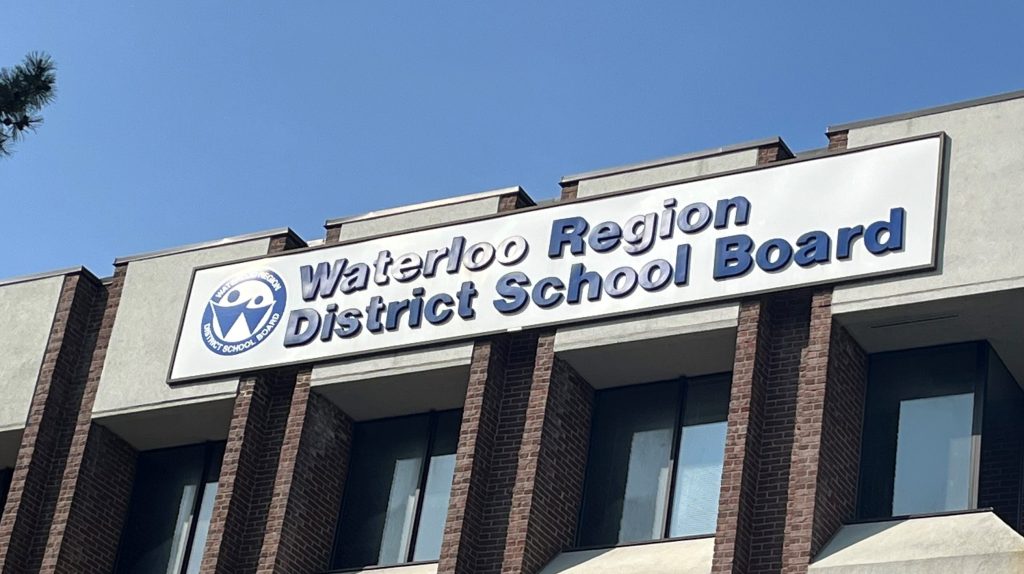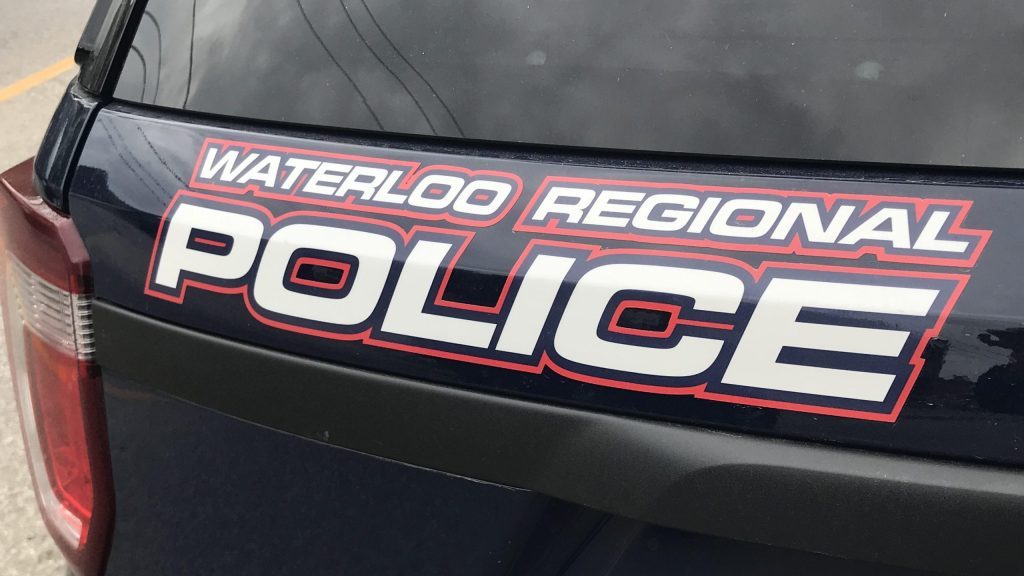Nearly one-in-four local public school kids self-identify as part of 2SLGBTQIA+ community
Posted Jul 19, 2022 07:11:37 PM.
A new student census is shedding new light on ways school boards can learn more about the kids they're trying to teach.
The census is required as part of the province's Anti-Racism Act though it does leave a lot of the subject matter up to the individual school boards.
In Waterloo Region, the survey of local public school students offers some particularly interesting insights — especially around sex and gender.
It finds nearly one-in-four students in grades 7 through 12 self-identify as being part of the 2SLGBTQIA+ community with the majority of those (10%) identifying as bisexual while another almost five per cent say they are questioning.
On gender identity, in grades 4 through 12, it's a roughly half-and-half split between male and female though three per cent of respondents self-identified as something else, i.e. gender-fluid, non-binary, trans, or more.
The Waterloo Region District School board, meantime, is also getting some kudos for offering a multitude of options.
“One of the most glaring differences, and I would say a disappointing one between the Catholic and the public census was around gender and sexuality,” said Kristina Llewellyn, a professor of social development studies at the University of Waterloo. “The Catholic board did conflate gender and sex assigned at birth which is really a signal of being trans-exclusionary.”
“And the same goes for sexuality, the survey question for the Catholic board was 'are you straight' — yes or no and prefer not to answer.”
The census also tracking ethnic, cultural, and racial identity in the public school board.
It found 62 per cent of kids who responded identified as being Canadian while around 40 per cent identified as being from multiple ethnic or cultural backgrounds. One-third also identified as racialized and/or Indigenous.
“So knowing these numbers means you can actually transform your programming,” said Llewellyn, adding this can be at the provincial or school board level.
“With community partnerships for example, we know we have diverse and Indigenous students within our community and we need to be partnering with all of those Indigenous community members.”
The public school census though, also about more than just learning about the students but whether or not they're arriving at school set up for success.
“I thought some of the questions the Waterloo public board was asking were so important in that respect,” Llewellyn said. “They asked questions about the kind of parental support students have at home, they asked about food and income insecurities that families might be struggling with.”
“And we know that schools are about more than just content, you really can't get to the content of the curriculum without providing the more fulsome supports for families.”
When it comes to those numbers, more than a third of kids in grades 4 through 12 indicated missing a meal is not a rare occurrence while 1-in-10 say they skip at least one meal most days, 1-in-20 say they skip meals daily.
As for learning resources, more than 70 per cent claimed to have all they need at home to support their learning while about four per cent say they do not.








